In running a Dungeons & Dragons campaign, you’ll inevitably have to punish your players. After all, if players succeed all the time, even when they make unwise choices, the campaign can start to feel a bit too easy. Punishment is the best way to keep things feeling high-stakes and grounded in reality.
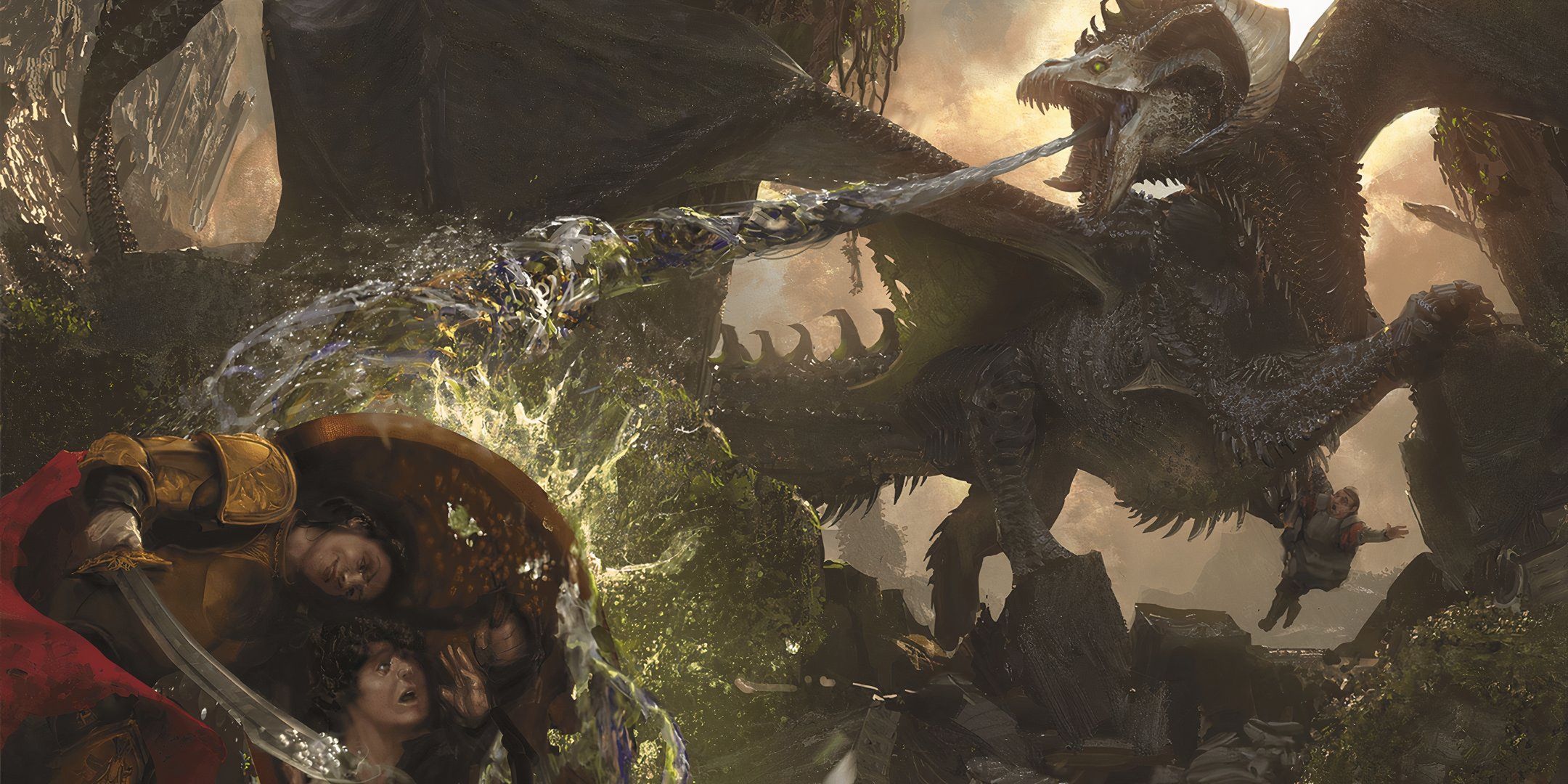
Related
Dungeons & Dragons: How To Create An Adventure Using The 2024 Dungeon Master’s Guide
If you’re new to being a DM in Dungeons & Dragons, you’re in luck: the 2024 Dungeon Master’s Guide can help you a lot. Check out these tips!
But, how can you punish players in a way that feels fair? The last thing you want is for your adventuring party to feel like you’re being too harsh on them when things go wrong. Luckily, there are a few ways that you can soften the blow of punishment, and make sure that the table feels like the campaign is still fair.
When Should You Punish The Party?
First, it’s important to keep note of when it’s actually fair to punish the party. As a DM, you never want to develop a god-complex or make it seem like you’re punishing the players unjustly. Broadly speaking, there are a few times when you should never punish your party.
- The Party Solved A Problem Unconventionally – If you have a pre-written solution for a riddle or puzzle, and the party solves it in an unexpected way, never punish them for thinking outside the box.
- A Player Misunderstands A Rule Or Objective – If something isn’t clear to a player or the party, and they act on misinformation, don’t punish them for miscommunication. You should feel free to let them retcon or change their minds once the misunderstanding is resolved.
- The Party Is Stuck Or Confused – If players are stuck on a problem and can’t figure out what to do next, don’t punish them for taking their time. As long as they are working on a solution actively, don’t rush them or become punitive for their carefulness.
If you avoid these types of punishments, you’ve already done the bulk of the work needed to be a fair and merciful DM. But when is the right time to punish players? When it comes to dolling out consequences, it’s important to start with neutral, objective situations.
- Bad dice rolls.
- Attacks that deal big damage.
- Status effects and conditions with rules.
- Spells gone awry (i.e. Wild Magic Surges).
Any of the above conditions, which all have objective rules that are spelled out in either the Player’s Handbook or the Dungeon Master’s Guide, are always great ways to serve stakes and consequences to player actions. The table shouldn’t argue with you if you’re adhering to pre-established rules, and they’re less likely to feel picked on when it’s objective.
If a player begins to contest your decision as a DM, it’s likely best to call a break and discuss it with the player separately. Intra-party conflict is never fun. Make sure you explain why they’re being punished, and assure them that it’s temporary!
However, there are also moments when it’s fair for a DM to punish the party that are less neutral and more subjective. Dole these out sparingly, but don’t be afraid to shy away from these situations, either.
- The Party’s Plan Fails – If the party comes up with a clever plan that ultimately doesn’t work in their favor, don’t be afraid to give them punishments that feel grounded in the narrative or world.
- A Player Purposefully Ignores Advice – If you cautiously warn a player that something they’re trying may prove exceedingly difficult, and they ignore it anyway, don’t be afraid to teach them that their actions have consequences.
- The Party Travels Wildly Off-Course – If you’ve laid out a mission that involves rescuing an important NPC from the clutches of evil, but the party instead decides to ransack a caravan of innocent farmers for fun, you should consider whether the players have veered too evil, and if it feels right to get your party back on track through a punishment like arrest or a bounty.
How To Keep Punishments Feeling Fair
Fairness can feel really subjective, depending on your table. It’s easy for some people to feel like they’re getting put down for creativity, especially if you’re punishing the party for their poor decision.
To keep things feeling fair, there are a couple of aspects to keep in mind when it comes to creating punishments that feel just. Let’s look at our examples of subjective punishments and how to keep them feeling fair.
|
Party Action |
Consequence And Punishment |
Fairness |
|---|---|---|
|
The Party’s Plan Fails |
The party tried to sneak past a group of city guards but were spotted. They have subsequently been arrested and jailed, and now must find a way to escape or barter for their release. |
Civilizations have rules and laws that must be adhered to. The party was acting unlawfully, and knew this. |
|
Advice Is Ignored |
A player wants to jump across a 100-foot chasm. Despite warnings from the DM of the difficulty of this feat, the player tries anyway and rolls a 15. Despite the decent roll, the player is reminded that jumping that distance is nearly impossible. The player stumbles and takes severe fall damage. |
It’s okay to remind the player calmly that they were warned of the difficulty challenge. Even though this is fantasy, the world has physics and other rules that keep things feeling grounded. |
|
Party Is Off-Course |
The party has an assigned mission to protect a magic shop from a robbery, but ignores this request in order to spend time at a local casino gambling. The following morning, the party finds the shop burglarized, and they are banned from the store for life. |
Choices have an impact in this world. Remind players that the stakes are real. The fun of D&D is that your decisions matter, and this is one way to demonstrate that. |
Make Punishments Feel Like Rewards
In addition to keeping player consequences feeling balanced, it’s also important to find ways to make punishments twist the narrative in rewarding ways.
After all, a punishment won’t feel like a punishment if there’s a silver lining. Here are just a few examples of ways you can make the consequences your players suffer feel like rewards.
|
Consequence/Punishment |
Rewards Or Silver Linings |
|---|---|
|
The Party Has Been Arrested Or Jailed |
While in jail, the party discovers a secret passage that leads into the stronghold they were trying to infiltrate. Or, During the party’s interrogation by a city guard, the players learn that this guard is not loyal to the crown, and can be their eyes and ears on the inside. |
|
A Player Takes Severe Fall Damage |
After falling, the player in question discovers they have landed near a treasure chest, with a riddle inscribed on its lock. Or, From their new vantage point on the ground, the player can see that they’ve been traveling in the wrong direction. They can now show the rest of the party the right way to go. |
|
The Party Is Banned From A Magic Shop |
With their access to buying and selling cut off, the party is introduced to the black market, where they can get more valuable rewards at a lower cost. Or, a rival mage informs the party he is glad to see his business competitor shuttered, and offers the party magical items if they continue to help him monopolize the market. |
Beyond the above examples, it’s also imperative to think of extra rewards your players can earn by successfully overcoming their punishment. Giving the party an especially powerful boon for taking the road less traveled and coming out on the other end smiling will make your players feel like they are superheroic rather than a bunch of naughty schoolchildren punished for bad behavior.

Next
Dungeons & Dragons: 10 Clever Punishments For Your Players
Sometimes you just need to show your player who’s boss, but in a nice way, of course.


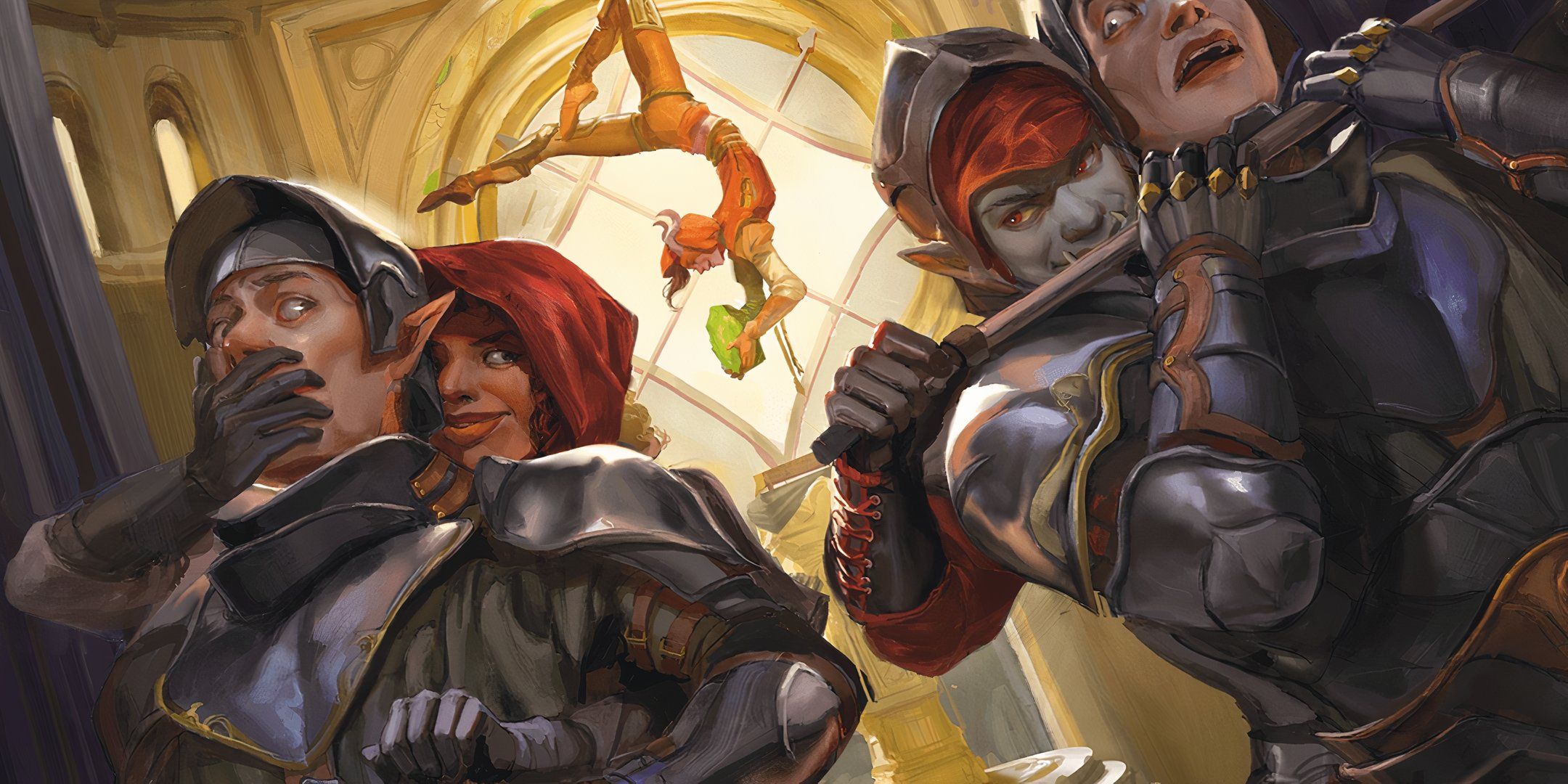
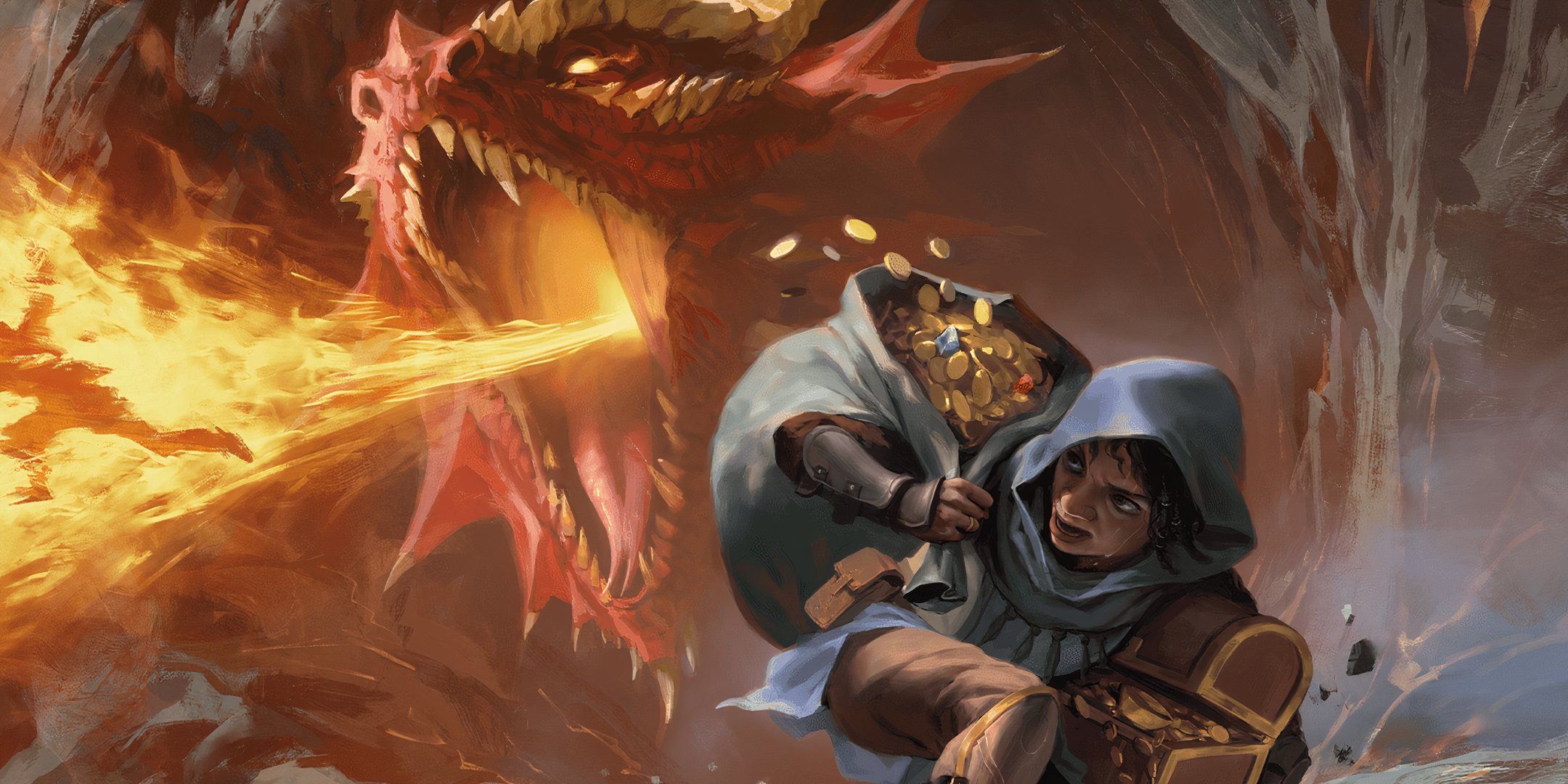





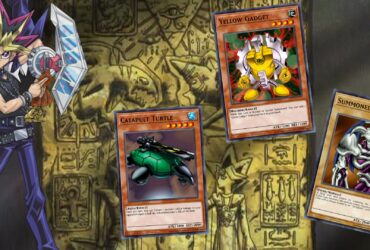
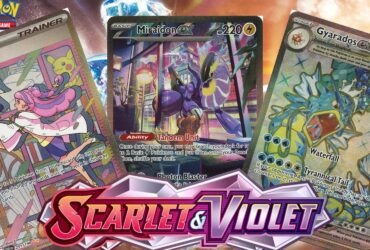


Leave a Reply